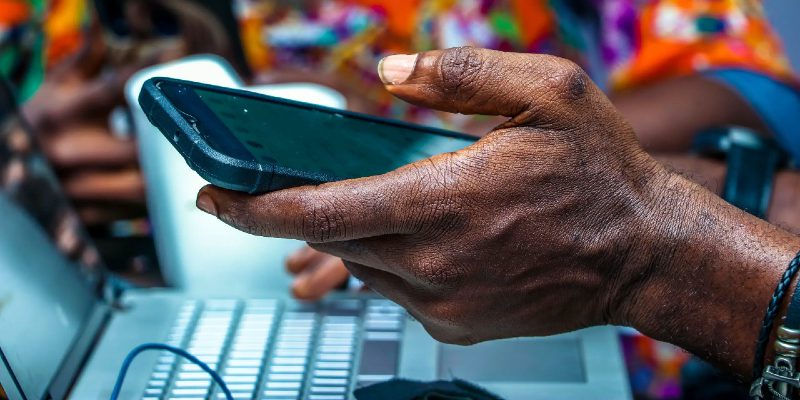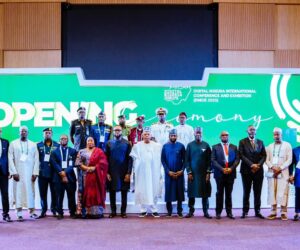Nigeria’s internet consumption surged to a record 1,131,255.90 terabytes in July 2025, according to the latest data from the Nigerian Communications Commission (NCC). The spike underscores the country’s rapidly growing digital landscape, driven by increased smartphone penetration and a thriving appetite for online services.
The NCC’s industry statistics report, published on its official website, reveals that Nigeria’s internet usage has been on a steep upward trajectory.
In July 2025, the country recorded a total of 1,131,255.90 terabytes of data consumed across mobile and fixed networks. This marks a significant leap from 1,044,073.08 in June, reflecting the growing reliance on internet services for work, entertainment, education, and commerce.

The surge is largely attributed to the widespread adoption of mobile internet. Mobile network operators like MTN, Airtel, Glo, and T2 have expanded their 4G and 5G networks, making high-speed internet accessible to millions.
The NCC notes that the number of active mobile subscriptions stood at over 169 million in July. This translates to a teledensity of about 78.11%, a key indicator of Nigeria’s connectivity growth.
Catalysts for the Internet usage surge?
Several factors have fuelled this unprecedented data consumption. First, the rise of content consumption platforms like Netflix, YouTube, and TikTok has driven data usage. Nigerians are streaming videos, engaging on social media, and participating in online gaming at record levels.
The NCC reports that video streaming accounts for a significant portion of data traffic, with short-form video platforms like TikTok gaining immense popularity among younger users.


Additionally, the shift to remote work and online education continues to boost internet demand. Since the COVID-19 pandemic, businesses and schools have increasingly relied on digital platforms. Tools like Zoom, Microsoft Teams, and Google Classroom have become staples, requiring robust internet connectivity.
The country’s telecom giants were instrumental in the digital revolution.
MTN Nigeria, the largest operator by subscriber base, reported over 80 million active internet users in July 2025. Airtel Nigeria followed closely, with significant investments in 5G infrastructure to meet growing demand. Glo and T2 have also expanded their networks, focusing on underserved regions to bridge the digital divide.
The surge in internet usage has far-reaching implications. Economically, it has spurred growth in Nigeria’s digital economy.
Fintech companies like Opay and Moniepoint are thriving, with online transactions skyrocketing. The creative industry, including Nollywood and Afrobeats, has also benefited, with artists leveraging platforms like YouTube and Spotify to reach global audiences.
Socially, increased connectivity has empowered communities. Rural areas are gradually gaining access to the internet, enabling farmers to use digital tools for market information and financial services. However, the digital divide persists, with urban areas consuming significantly more data than rural regions.
The NCC’s efforts to expand broadband infrastructure aim to address this gap.


The record-breaking internet usage signals a bright future for Nigeria’s digital ecosystem. The rollout of 5G networks is expected to accelerate data consumption, enabling innovations like the Internet of Things (IoT) and smart cities.
Startups and tech hubs are also capitalising on this trend. Lagos, Africa’s tech capital, hosts numerous incubators fostering innovation. From healthtech to agritech, entrepreneurs are leveraging Nigeria’s growing internet user base to develop solutions tailored to local needs.
However, stakeholders must address network quality and cybersecurity concerns. With increased internet usage comes a higher risk of cybercrimes like phishing and data breaches.
July’s record internet usage is a testament to Nigeria’s evolving digital ecosystem. As the country embraces technology, the telecom sector must keep pace with infrastructure upgrades and regulatory oversight. The NCC’s role in monitoring and reporting industry trends remains critical in ensuring that Nigeria’s digital growth benefits all citizens.








